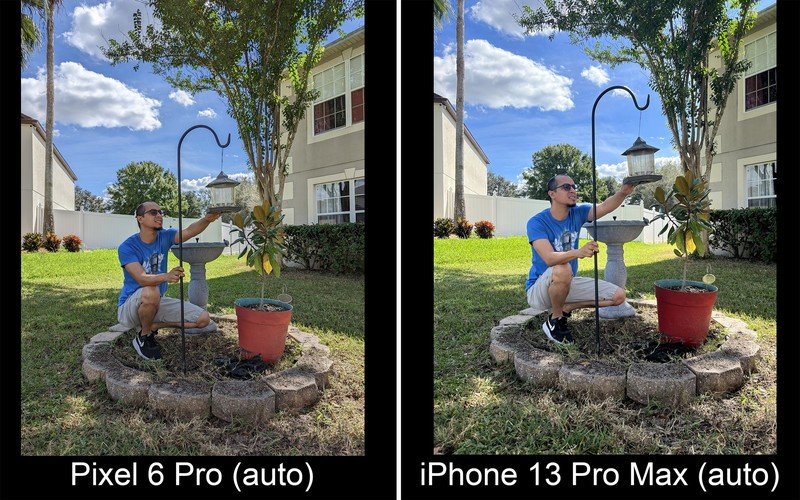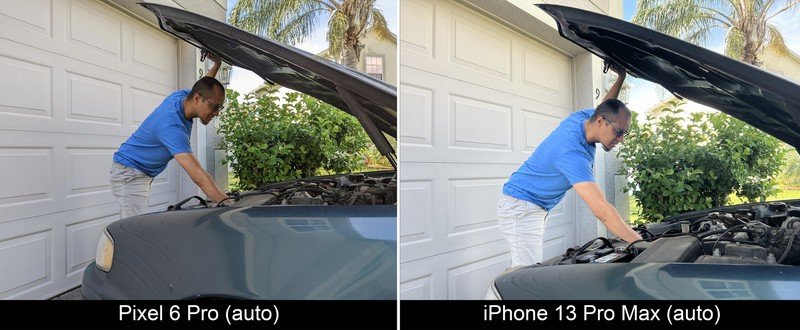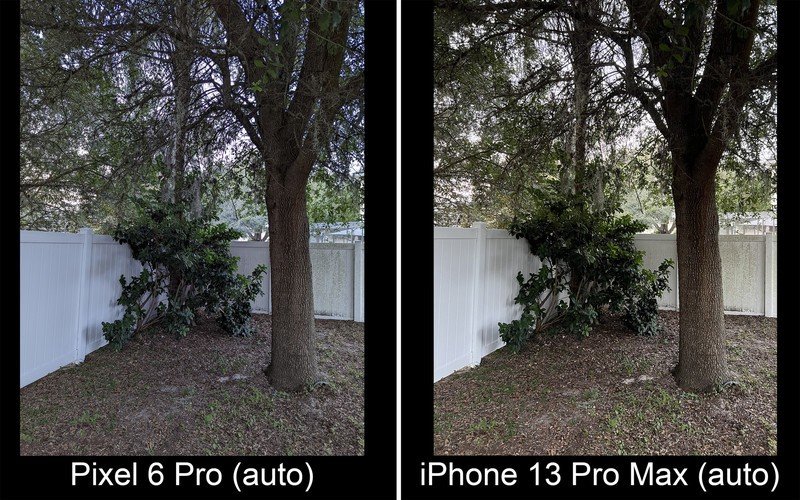Google Tensor SoC: Everything you need to know

Get the latest news from Android Central, your trusted companion in the world of Android
You are now subscribed
Your newsletter sign-up was successful
Google makes some of the best Android phones money can buy, and a large part of what makes its phones stand out is the cameras. Although Google hasn't changed the hardware sensor itself in over three years, it was able to leverage its software prowess to deliver truly outstanding photos from Pixel phones, including the Pixel 5a.
While Google likes to focus on software as a differentiator for its phones, the company is now turning to custom silicon to give Pixels an added edge. With the Pixel 6 and 6 Pro, Google delivers huge advancements for its camera tech, and at the foundation of that change is the Tensor SoC, a custom silicon platform that Google built in collaboration with Samsung.
The custom chipset could end up eventually powering all of Google's phones and even make its way to Chromebooks. For now, the Pixel 6 series gives us a good look at what the search giant is aiming to achieve by going a custom route. Here's everything you need to know about Google's custom silicon, including the hardware rundown, security features, camera upgrades, and why this is a big deal for Google's hardware ambitions.
Google Tensor is on par with the fastest mobile chipsets today
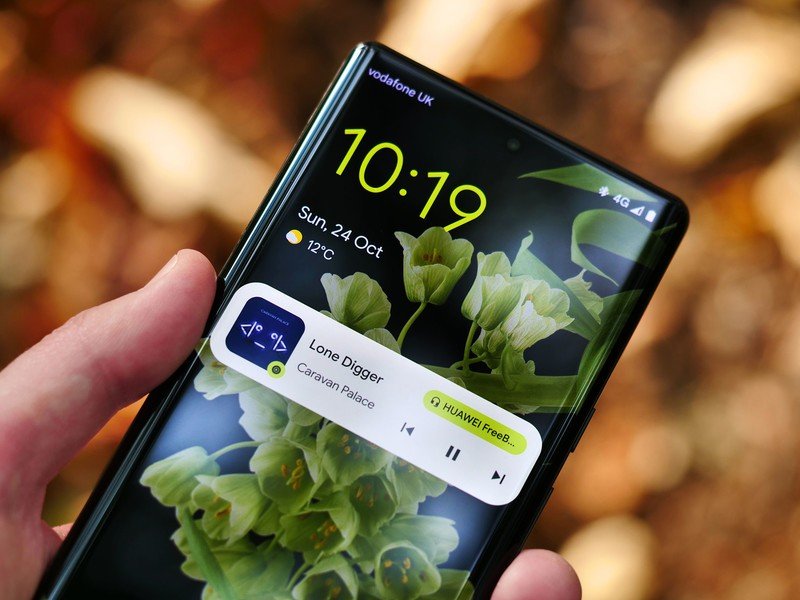
Google relied on Qualcomm to power the Pixel line thus far, but with the Tensor SoC, it's teaming up with Samsung LSI over the design and manufacture of its chipset. Switching to custom silicon allows Google to offer differentiated experiences, and allow the search giant to join the likes of Apple and Samsung.
Google is targeting the high-end segment, putting the Tensor on par with the Exynos 2100.
Google CEO Sundar Pichai said last year that the company would make more investment into hardware, and the result is the Tensor SoC. And while Google was content to focus on the mid-range segment with the Pixel 5 series, it's once again putting its sights on the high-end segment with the Pixel 6 and 6 Pro.
Although Google hasn't confirmed that it is working with Samsung over the chipset, the hardware on offer suggests the chipset is based on Samsung's Exynos 2100. That makes for a very interesting combination, because the Exynos 2100 is right up there with the Snapdragon 888 in terms of performance.
On that note, the Tensor features two Cortex X1 cores at 2.80GHz, two A76 cores at 2.25GHz, and four energy-efficient A55 cores at 1.80GHz. Whereas the Exynos 2100 uses the newer A78 cores for the heavy lifting, Google is relying on the older A76 cores.
Get the latest news from Android Central, your trusted companion in the world of Android
On the GPU side of things, Tensor is using Arm's Mali-G78 MP20, with the 20 in the denomination referring to the fact that it is a 20-core part. And while Google is making a lot of changes to the AI, ML, and security side of things, the CPU and GPU are on par with the best that Android has to offer, and that means the devices are just as fast as the Galaxy S21 series.
As for the manufacture of Tensor, it is likely fabricated on Samsung's 5nm node, just like the Snapdragon 888 and 780G as well as the Exynos 2100. The 5nm node should deliver additional efficiency gains, and these reflect in the battery life of the Pixel 6 series.
Google Tensor turbocharges security
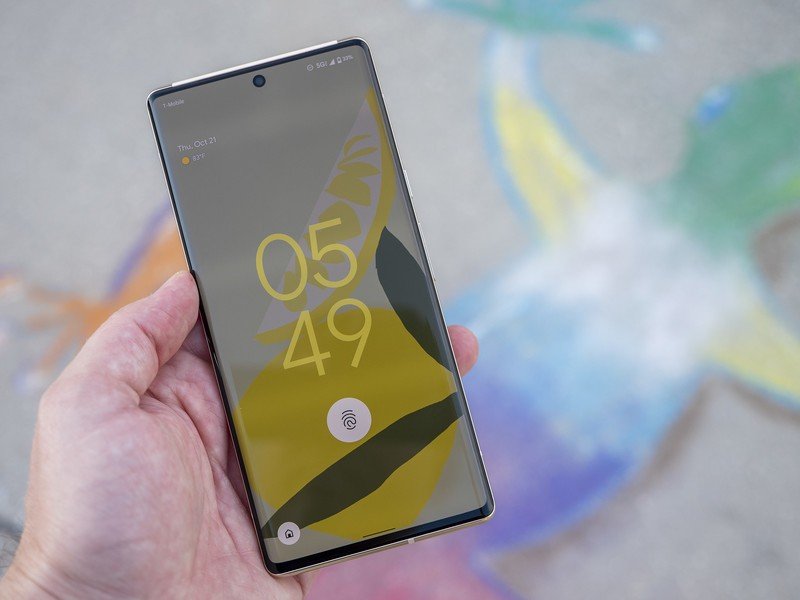
Google has dabbled in custom hardware in the past with the Pixel Visual Core and the Titan M security module that's a mainstay on Pixels. The Titan M security module on Pixels offers an additional layer of security, and Google is set to continue that with the Tensor SoC.
The Tensor SoC offers the Titan M2 security module, with Google noting that it delivers the "most layers of hardware security in any phone." That obviously makes the Pixel 6 and 6 Pro stand out from the pack in terms of hardware security, with the Titan M security module holding sensitive information like biometric data and authenticating the boot status of Pixels.
Google Tensor means longer updates for Pixels

One of the biggest issues with Android phones is updates. Apple offers five years of iOS updates for iPhones, iPads, and MacBooks, but you won't find anywhere near that level of update guarantees on Android.
That said, the situation is getting better. Google provides three Android updates and three years of security patches to its Pixels, and Samsung now guarantees three Android updates and four years of security updates for its flagship and mid-range phones.
Google switching to custom silicon means five years of updates for Pixels.
With any new Android update, the phone manufacturer has to work with the chip vendor — Qualcomm, MediaTek, or Samsung SLSI — to ensure new features work as intended. Vendors like Qualcomm release new drivers with every new Android version that incorporate the hardware-level changes, and as it isn't financially viable for chip manufacturers to continue to do so for five years, they only release drivers for two or three years.
That ultimately limits the number of updates a phone manufacturer can roll out to a device. Currently, Apple delivers five years of updates because it controls the hardware and software stack; it makes its own chipsets, so it can offer long-term updates.
With Google now going this route, it is offering three Android version updates and five years of security updates for the Pixel 6 series. I wanted Google to deliver five version updates as it now has tighter control over the hardware side of things as well, but that isn't to be; it is possible this will change in the coming years, but for now, the Pixel 6 series will get the same three Android version updates as most high-end Android phones. At least with five years of security updates, the Pixel 6 and 6 Pro will stay relevant for longer.
Google Tensor delivers unique camera upgrades thanks to AI
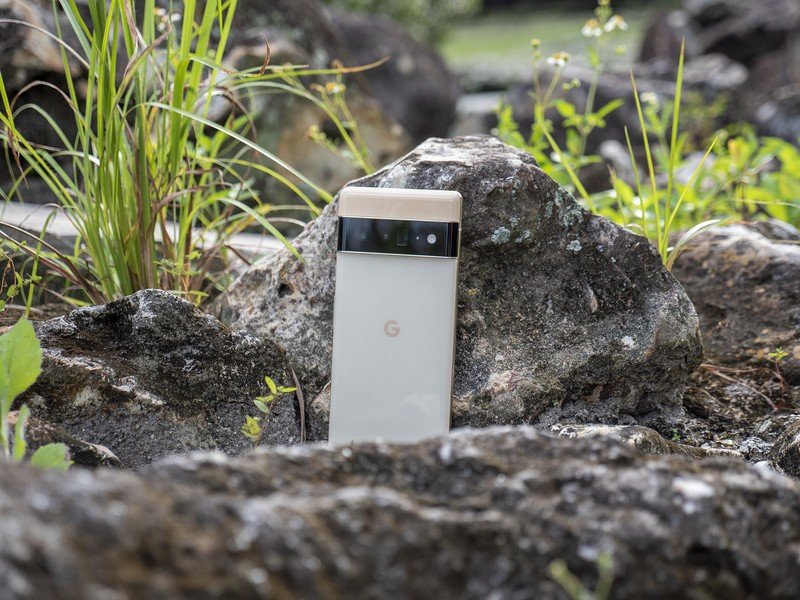
Another exciting area is the camera hardware and software. One of the biggest upgrades with Tensor is the AI engine, with Google delivering an entirely new set of use cases on the Pixels. Google has relied heavily on computational photography and AI on its devices, and that's going to be turbocharged with the Pixel 6 series.
The dedicated TPU for AI is used for taking better photos and videos while unlocking new software interactions. Google set the standard for computational photography, and it is exciting that the Pixel 6 series is able to leverage the hardware gains to take even better photos and videos.
From Google's head of hardware Rick Osterloh in an interview with The Verge:
As more and more features are powered by AI and ML, it's not simply about adding more computing resources, it's about using ML to unlock specific experiences for our Pixel users.With Tensor we thought about every piece of the chip and customized it to run Google's computational photography models. For users, this means entirely new features, plus improvements to existing ones.
These gains are evident with skin tones — with the Pixel 6 series delivering true-to-life skin tones — and low-light scenarios, with Google able to deliver photos that look realistic while preserving the finer details.
Source: Android Central
In short, the Pixel 6 and 6 Pro take Google's software learnings and pair that with the latest hardware, offering the best cameras you'll find on a phone today.
Google Tensor sees the debut of Samsung's 5G mmWave modem

The Pixel 6 and 6 Pro offer mmWave 5G in the U.S. via a Samsung 5G modem. The U.S. is a huge market for Pixel hardware, and while we've seen 5G phones featuring MediaTek and Samsung chipsets in the country, the mmWave variants all feature Qualcomm modems — including the iPhone 13 series. By going with Samsung's modem, Google is in a unique position here.
Samsung, for its part, has a 5G modem with global mmWave connectivity, and while it uses this modem in global variants of the Galaxy S21 series, it doesn't do so in North America, where it relies on Qualcomm.
Google Tensor is now available on the Pixel 6
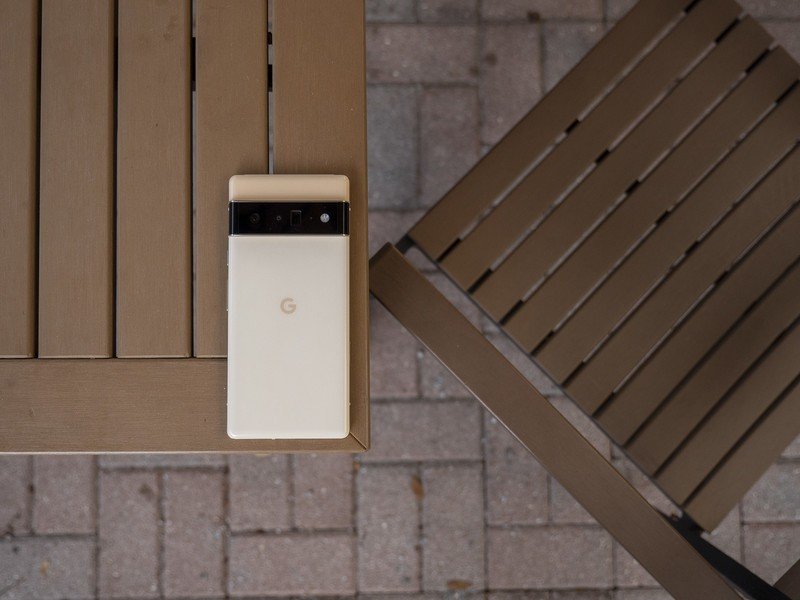
The Pixel 6 and 6 Pro are now available, and they offer the best look at what the Tensor platform has to offer. Both phones have unique designs, sublime screens with 5G connectivity, all the extras, and come with five years of security updates. The best part is that they undercut their immediate rivals by several hundred dollars, making them a very enticing option if you're looking for a new phone.

The best cameras you'll find today
The Pixel 6 Pro offers a fresh design with a gorgeous camera housing at the back, the latest internal hardware, and the best cameras you'll find on a phone today. Combine that with all the new features in Android 12 and five years of security updates, and you get a fantastic overall package.

Harish Jonnalagadda is Android Central's Senior Editor overseeing mobile coverage. In his current role, he leads the site's coverage of Chinese phone brands, networking products, and AV gear. He has been testing phones for over a decade, and has extensive experience in mobile hardware and the global semiconductor industry. Contact him on Twitter at @chunkynerd.
